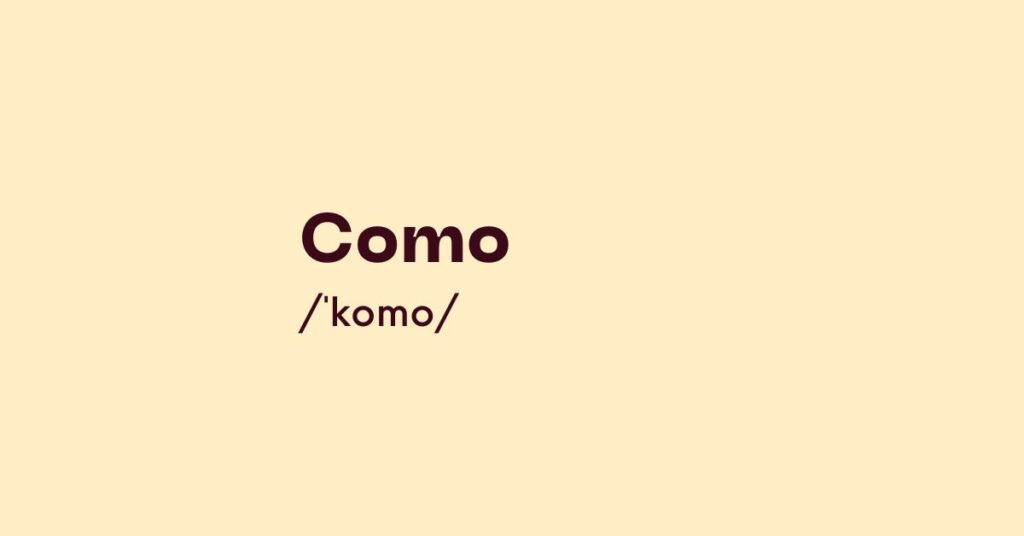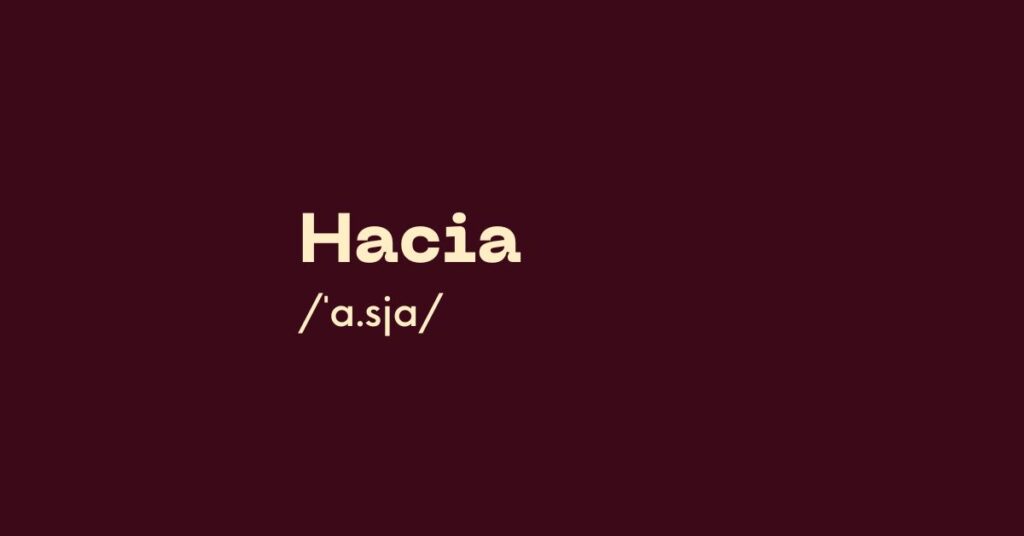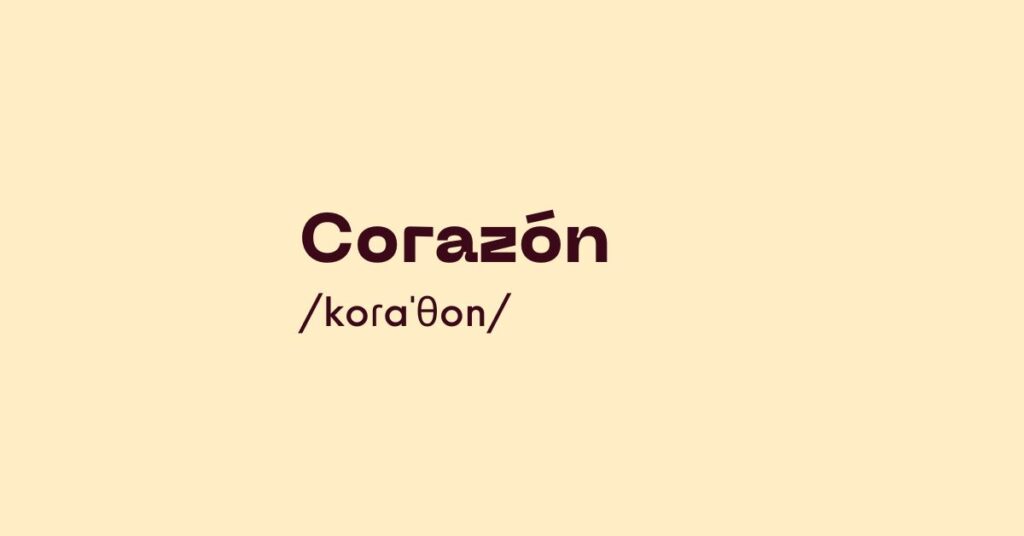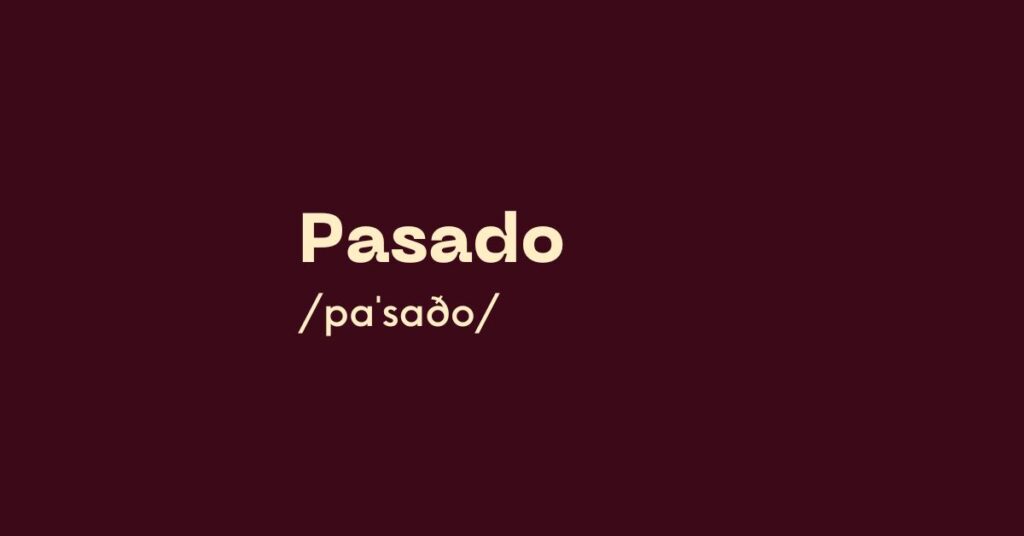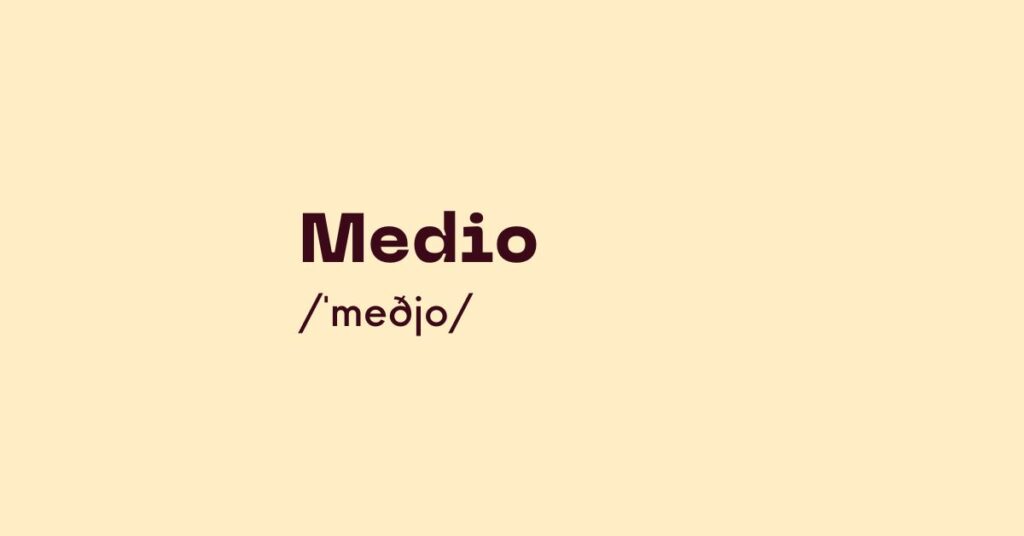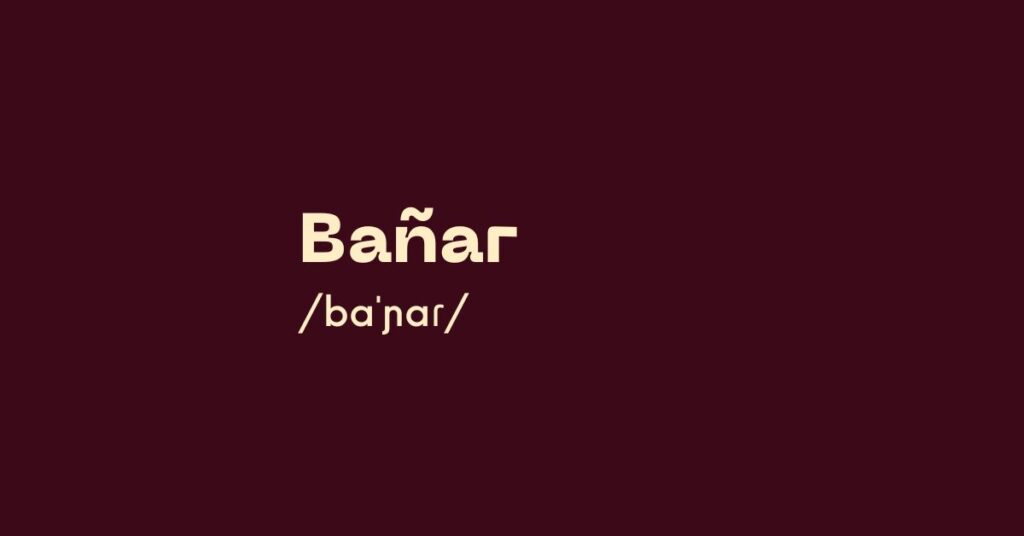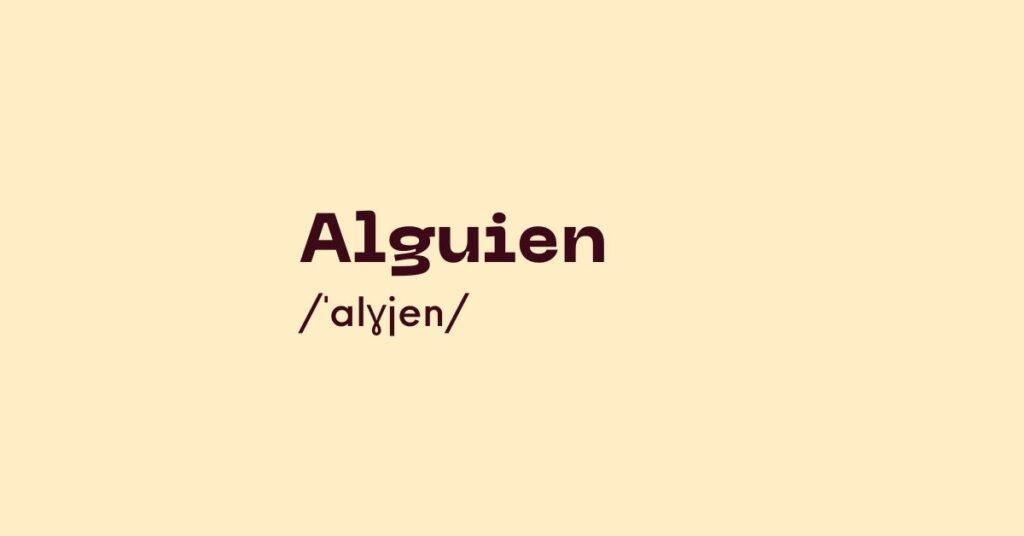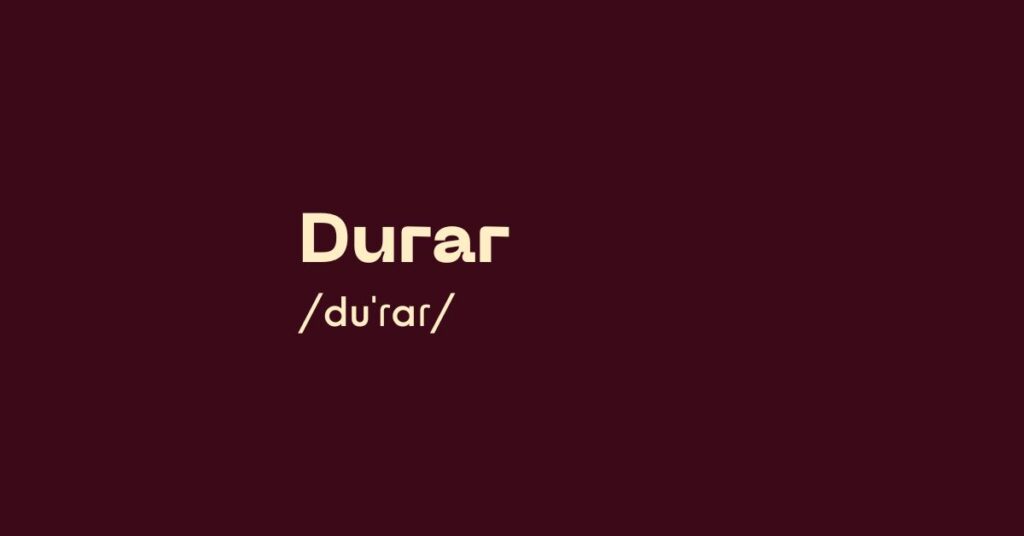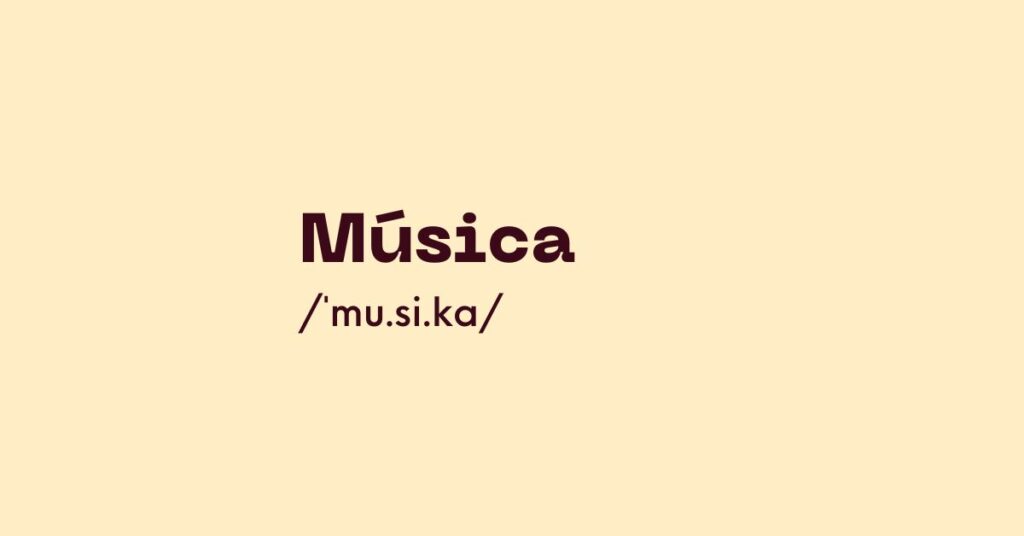Como
Today’s Spanish word of the day is “como”. It’s a versatile word that crops up in a lot of different situations as an adverb, conjunction or preposition. It usually means “as” or “like”, though it can other translations depending on the context. The word “como” (without an accent) shouldn’t be confused with “cómo” (with an […]
